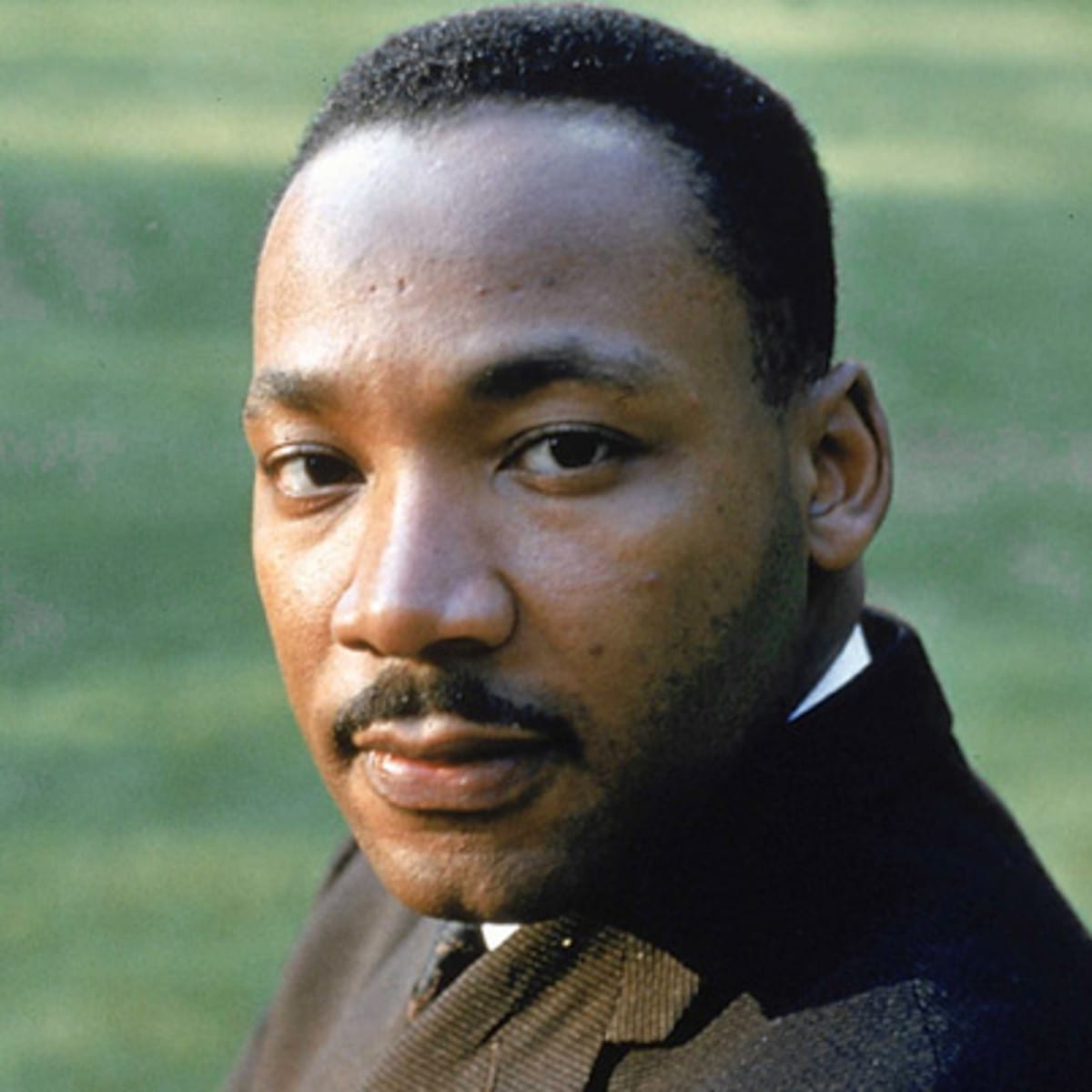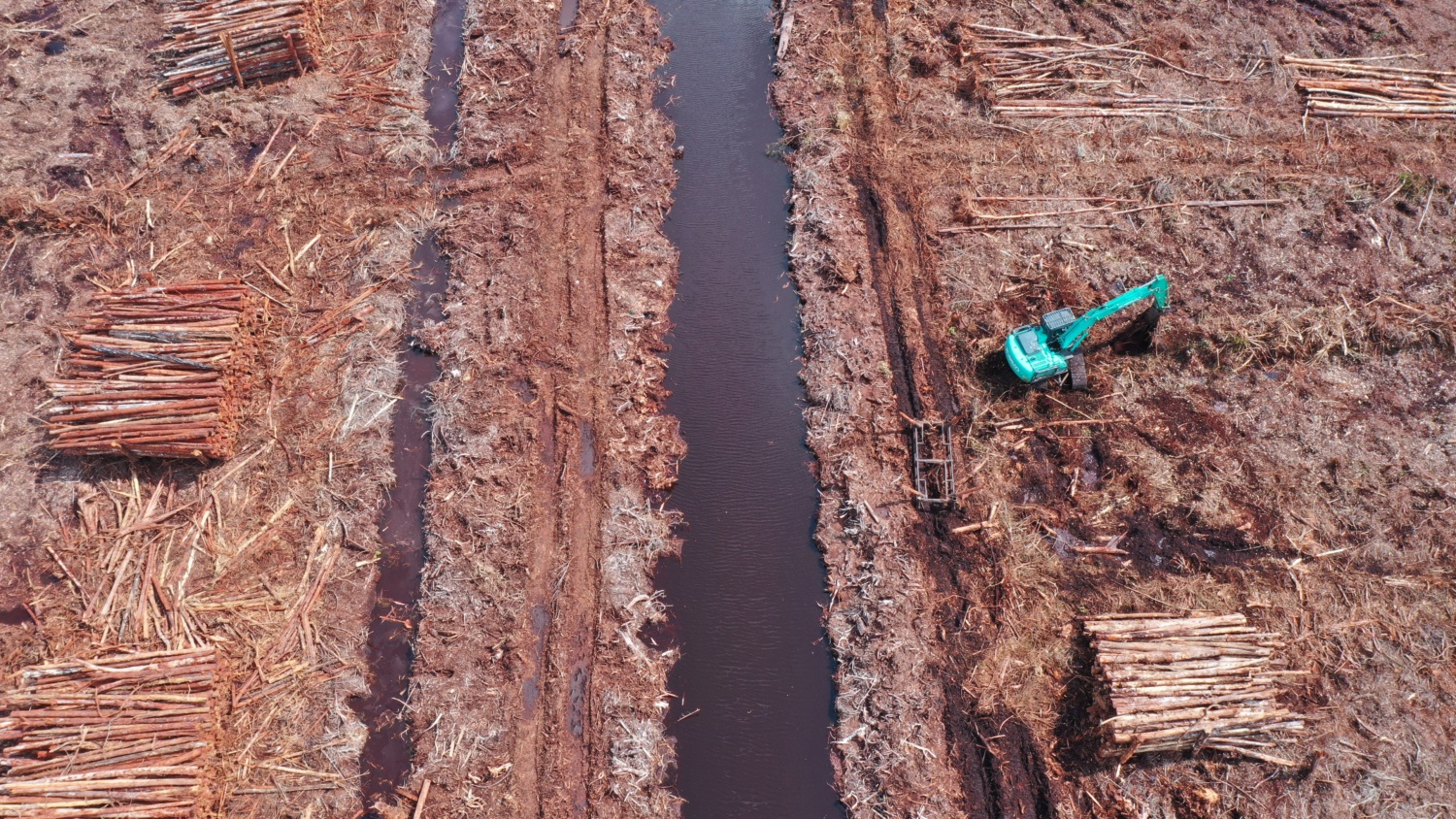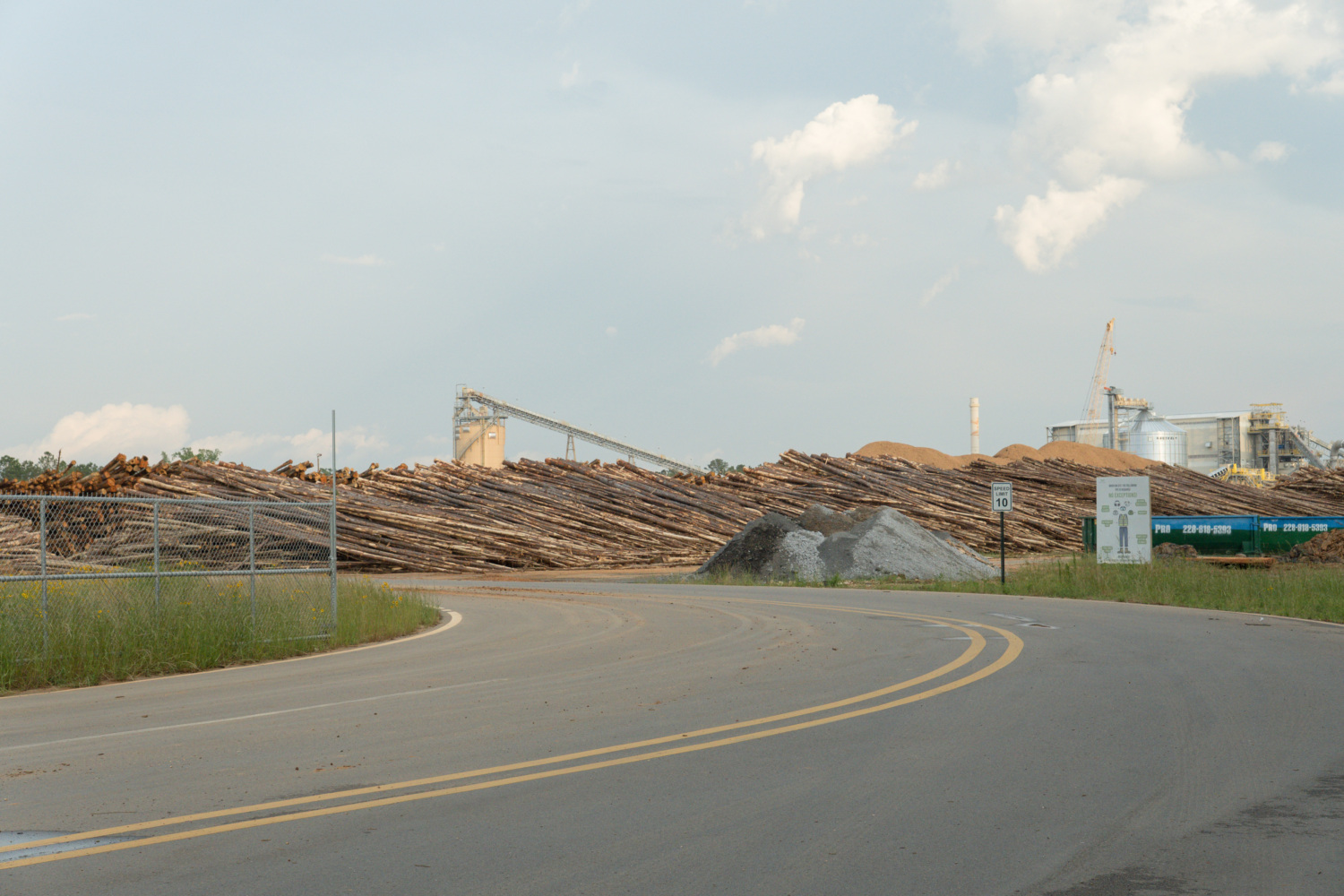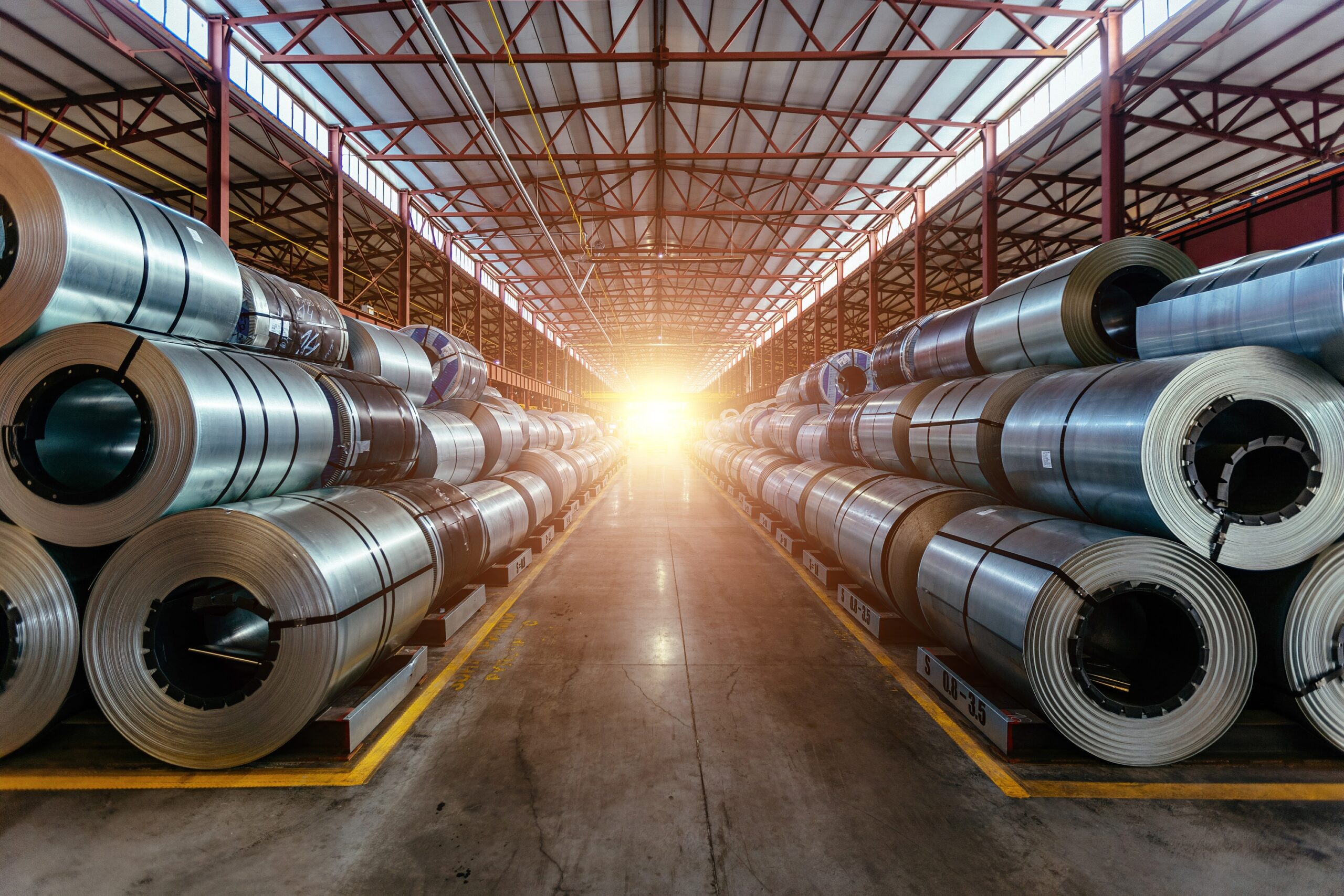
1000 Days
Dear friends,
It’s Martin Luther King, Jr. Day here in the United States, when we try to rededicate ourselves to Dr. King’s values, and attempt to live up to his example of courage and love. Dr. King fought not only for racial justice, but for peace and economic justice as well. I know that if he were alive today, he would still be pressing this country and the world to:
…refuse to accept the view that mankind is so tragically bound to the starless midnight of racism and war that the bright daybreak of peace and brotherhood can never become a reality.
I like to think that Dr. King would also be on the front line of the modern struggle to ensure a living planet for all God’s people and all God’s creatures. He said,
In a real sense, all life is inter-related. All men are caught in an inescapable network of mutuality, tied in a single garment of destiny. Whatever affects one directly, affects all indirectly.
It’s not too hard to imagine that in the same way that he struggled to prevent a spiral towards nuclear catastrophe, he would stir a global movement to confront the even more fundamental threat that is the modern environmental crisis. Above all, he would challenge every company, every government, every activist, and every bystander to act with extreme urgency in the face of this profoundly challenging moral and existential crisis.
It all boils down to the fact that we must never allow ourselves to become satisfied with unattained goals. We must always maintain a kind of divine discontent.
We should all remind ourselves of those words today because the community of companies that have pledged themselves to end deforestation by 2020 has just 1000 days left to meet this deadline. Achieving this goal is one of humanity’s greatest challenges and most urgent needs. We simply cannot maintain the comfortable life we know without these planetary lungs; the indigenous communities and animals who live in those forests have an even keener need.

1000 days may seem to be a dauntingly short period of time, but there are reasons for hope: as discussed in our last email, almost the entire chocolate industry and the governments of Ghana and Ivory Coast have committed to end forest destruction and restore the ecology of these nations. The tire industry is starting to drive their suppliers to immediately cease deforestation. And the leading palm oil players, despite continued egregious breaches of their pledges, has taken new steps that, if implemented with greater rigor than past commitments, could actually end commercially-driven destruction of the Earth’s remaining native ecosystems in a very short period of time. There are remaining challenges, like cattle, but even there, there are signs of positive momentum.
Indeed, 1000 days is not long at all if one looks at what remains the greatest private sector success in forest protection: the Brazilian Soy Moratorium. It took less than 1000 days for deforestation for soy in the Brazilian Amazon to drop from 25% of Amazon deforestation to almost zero. This is perhaps the world’s greatest climate success story, and it happened in less time than we now have remaining. Think of all the other great changes in the world that have happened in even less time.
If the other major commodities take implementation of their pledges as seriously as they now say they will, the question of what happens in soy will largely define whether the global community comes close to meeting its goals. And that challenge is almost exclusively one of just four companies: Bunge, Cargill, ADM, and Louis Dreyfus, and their customers. Indeed, among those, Bunge and Cargill almost alone are responsible for driving the vast mass of destruction for soy in frontier areas. Which means that they can stop it also.
The moral challenge for every individual executive, board member, and employee of those companies is whether they will use their power to stop this great holocaust of forest burning now – or just make excuses, or ignore their own power to stop a great evil. I want to challenge even those who are not the top executives of the companies to ask themselves what they can do to stop their own companies from committing these great environmental and human crimes:
He who passively accepts evil is as much involved in it as he who helps to perpetrate it. He who accepts evil without protesting against it is really cooperating with it.
This challenge of course confronts employees of Cargill and Bunge themselves. But it also faces everyone in those companies who do business with these deforesters. Until they change Bunge and Cargill, or cease business with them, these customers will be complicit in these environmental and human crimes.
If you work in one of Bunge and Cargill’s companies, I challenge you: You have the power right now to shift your purchases of soy and other commodities to the many major providers who are not associated with significant deforestation. If your company hasn’t done so, what does that say about you and your company’s role in confronting the greatest moral challenge of our time? We are in an emergency, and we need you to act.
When CEOs and ordinary employees have looked themselves in the mirror in the past, and strived to do better, they have achieved great progress for the world. Cargill and Bunge themselves were key participants in the extraordinary environmental and economic success of the Brazilian Soy Moratorium. They can do it again. The Amazon success can be extended across all of South America for less than $1 million per year The only obstacles stopping us are moral inertia and lack of imagination. We must not now allow these evil forces to prevent us from seizing a great opportunity for; and we must not succumb to that most lazy of excuses: “What about the other guy?”
In difficult times, ordinary people and sclerotic institutions have shown the capacity to achieve greatness. I hope that at this moment, we can all look inside ourselves and heed the words of Dr. King:
The ultimate measure of a man is not where he stands in moments of comfort and convenience, but where he stands at times of challenge and controversy.
All of us can do this.
In solidarity,
Glenn Hurowitz



